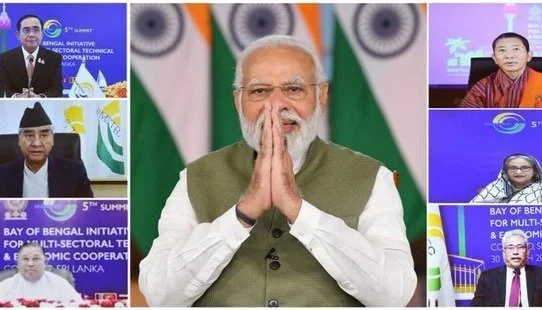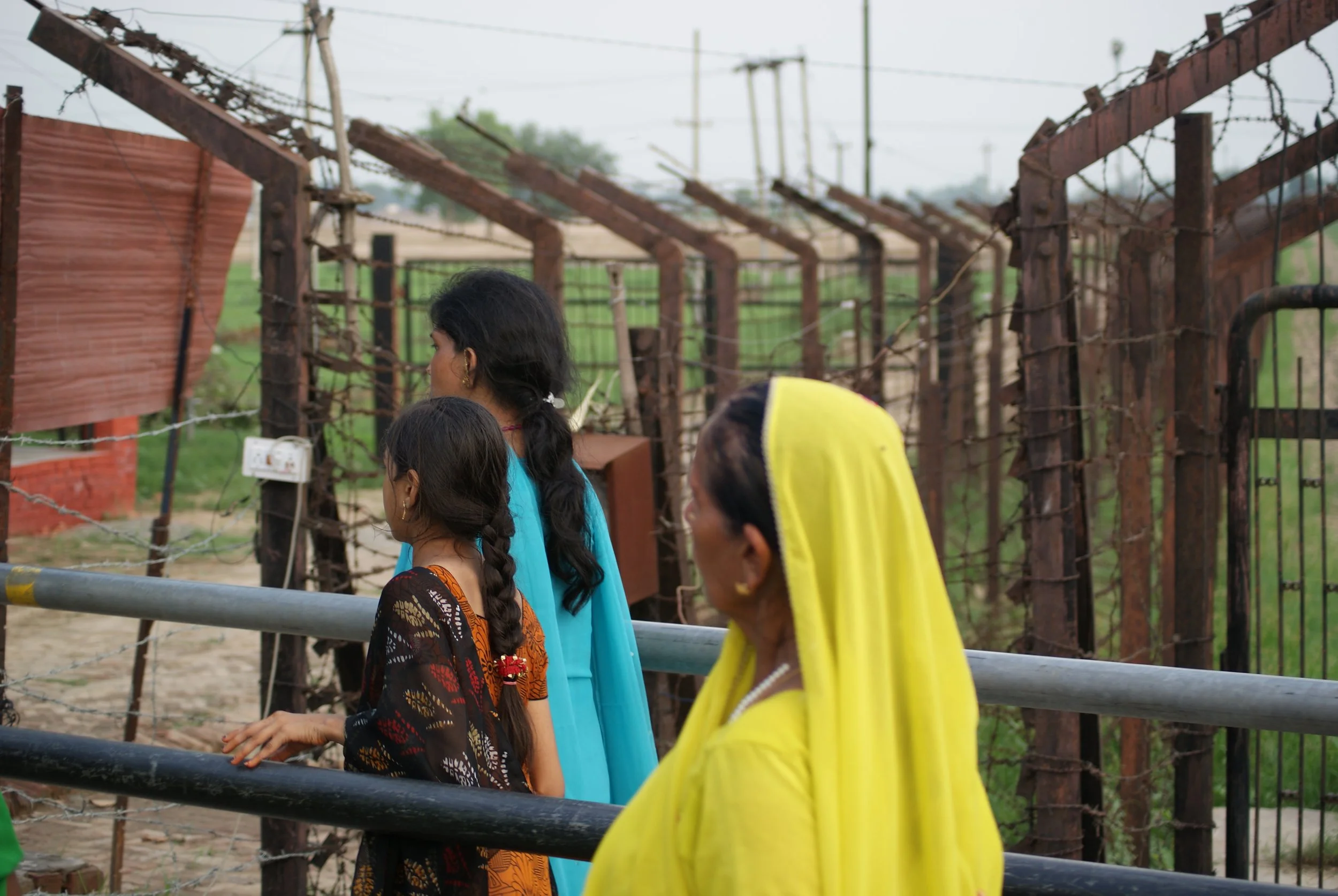By Dr Claude Rakisits
All in all, the expulsion en masse of the Afghan refugees will make things worse, bilaterally, and quite possibly, regionally. Certainly, no one’s security will improve; if anything, it will further destabilise Afghanistan already tottering on the brink of collapse.
Read More
















